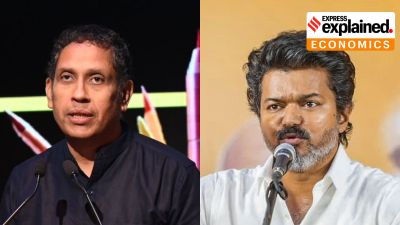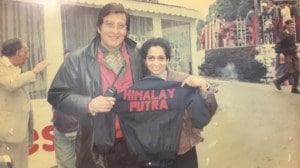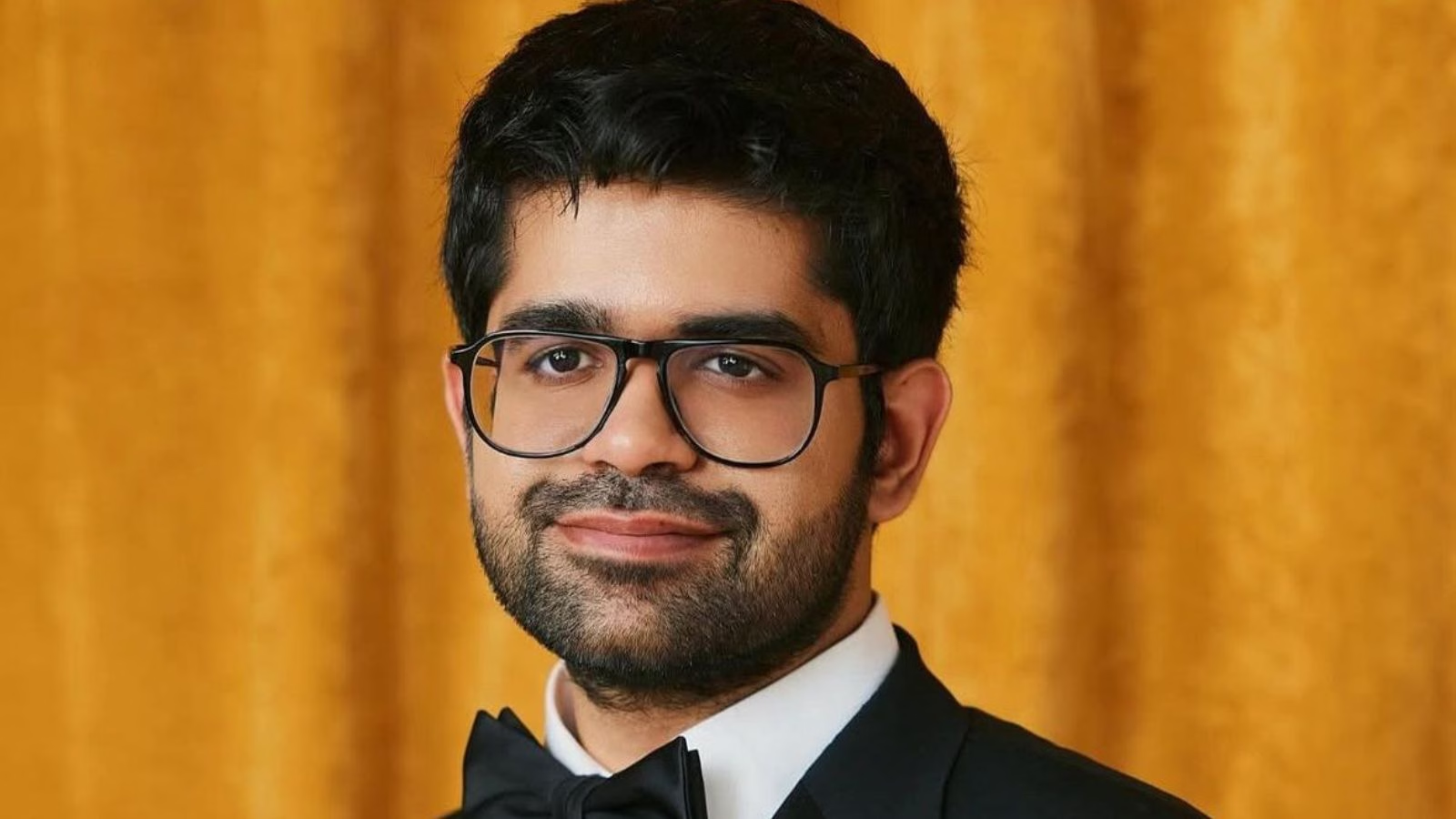No will, no way
With the union cabinet approving the promulgation of an ordinance on electoral reforms, it can now be said that the attempt to prevent crimi...

With the union cabinet approving the promulgation of an ordinance on electoral reforms, it can now be said that the attempt to prevent criminals from entering Parliament and state legislatures has failed. The ordinance has been framed after the near unanimous rejection of the law ministry8217;s draft Electoral Reforms amendment Bill, 2002, by political parties. The draft Bill sought to disqualify from contesting elections those against whom charges have been framed in courts in more than two cases of heinous crimes. It had been framed after parties across the board rejected out of hand the Election Commission8217;s directive requiring candidates to disclose their criminal records, if any, educational qualifications, assets and liabilities. They had asserted that by this initiative, the EC and the Supreme Court were usurping the law-making power of Parliament.
At this stage, the draft Bill had come as a welcome relief. Certain sections, however, lost no time in debunking the draft Bill as one that negated the EC8217;s directive, omitting the most basic reform of candidates8217; declaration of assets. Others dubbed it a 8216;flimsy bill8217; designed only to protect the existing corrupt and criminal system, show the SC its place and take the EC down a peg or two. What about hawala transactions, foreign exchange violations or white-collared crime, they asked?
No doubt, the draft Bill did not go as far as it should have. But it went beyond the EC directive in a very crucial way. The draft Bill provided for not only information, but even dis-qualification of a candidate, if he faced a minimum of two charges in heinous crimes like murder, rape, etc. In fact, had the government succeeded in getting the Bill through in this session of the Parliament, it would have been a coup for those who have a stake in cleaning up the system. It would have been a landmark step towards purging the system of hardened criminals and mafia dons.
The story of electoral reform down the years is notable for the twists and turns it did not take. In 1992, in a unanimous resolution, a chief minister8217;s conference expressed concern at the increasing criminalisation of politics and the politicisation of criminals. But no concrete follow-up action was taken. The following year, the Vohra Committee reported that mafia gangs enjoyed the patronage of politicians and their leaders got elected to the state assemblies and Parliament and that the mafia network was virtually running a parallel government. Again no follow up action was taken. In August 1997, the EC revealed depressing statistics of the number of candidates with criminal records in our Lok Sabha and state assemblies. Of the 13,952 candidates who contested the 1996 Lok Sabha elections, nearly 1,500 had criminal records of murder, dacoity, rape, thefts or extortion; in the 11th Lok Sabha nearly 40 members had criminal records and nearly 700 MLAs, out of 4,722 in the country, were involved in criminals cases. The EC, therefore, made out a strong case for immediate legislation and administrative action. Only a few days later, the Lok Sabha adopted a resolution on the golden jubilee year celebration, pledging that all political parties would undertake steps to clean the polity of criminalisation. That remained a pious resolution. In fact, most parties accommodated criminals, some liberally, in the 1998 Lok Sabha elections. It is on record that the Law Commission recommended the amendment of the Representation of People Act to disqualify even those facing trial in courts of law.
|
Had the government succeeded in getting its draft Bill through in this session, it would have been a coup for those who have a stake in cleaning up the system |
There have been two genuine apprehensions, however. One, of ruling parties misusing the police in foisting false cases against political opponents and, two, of cases being registered for taking part in political agitations. This was what was sought to be allayed in the government8217;s draft Bill by including only crimes slotted under the category 8216;heinous8217;, and by providing for a minimum number of two cases in which charges have been framed in courts, on the basis of prima-facie evidence, for disqualification.
Coming out of the all party meeting on August 2, 2002, a Congress leader reportedly justified the rejection of the proposed draft bill 2002, by saying that a Bill for a 8216;civilised society8217; was needed. Perhaps he did not feel there was anything 8216;uncivilised8217; in a system which allowed persons with criminal records to sit in Parliament and state assemblies. Laloo Yadav reportedly went a step further and suggested that only final convictions 8212; that is, those upheld in appellate court 8212; should be taken into account for disqualification. He cited the case of Tamil Nadu Chief Minister Jayalalithaa whose conviction was set aside by a higher court.
One can understand the difficulties of Laloo Yadav. One of his ministers of state is languishing in jail, awaiting trial in a case of murder at Sheikhpura in Bihar. The minister8217;s father, a Congress MP, also allegedly involved in the conspiracy, surrendered after this anticipatory bail petition was rejected and is now on regular bail. Another minister was convicted only a little while ago at Samastipur of a charge of murder and sent to jail. Yet another minister was being hunted out by his own police on the charge of murder, at Nawada, a few months ago.
The above highlights the enormity of the problem and the havoc that the criminalisation of politics has perpetrated on our political system. The all-party meeting agreed to a Bill which will incorporate provisions completely watering down the directive of the Election Commission. The ordinance and the legislation that will finally emerge from the next session of Parliament will not be for reform of the election process but only directed at nullifying the EC directive. On electoral reform, unfortunately, we are back to square one.
The writer is a former CBI officer
- 01
- 02
- 03
- 04
- 05































